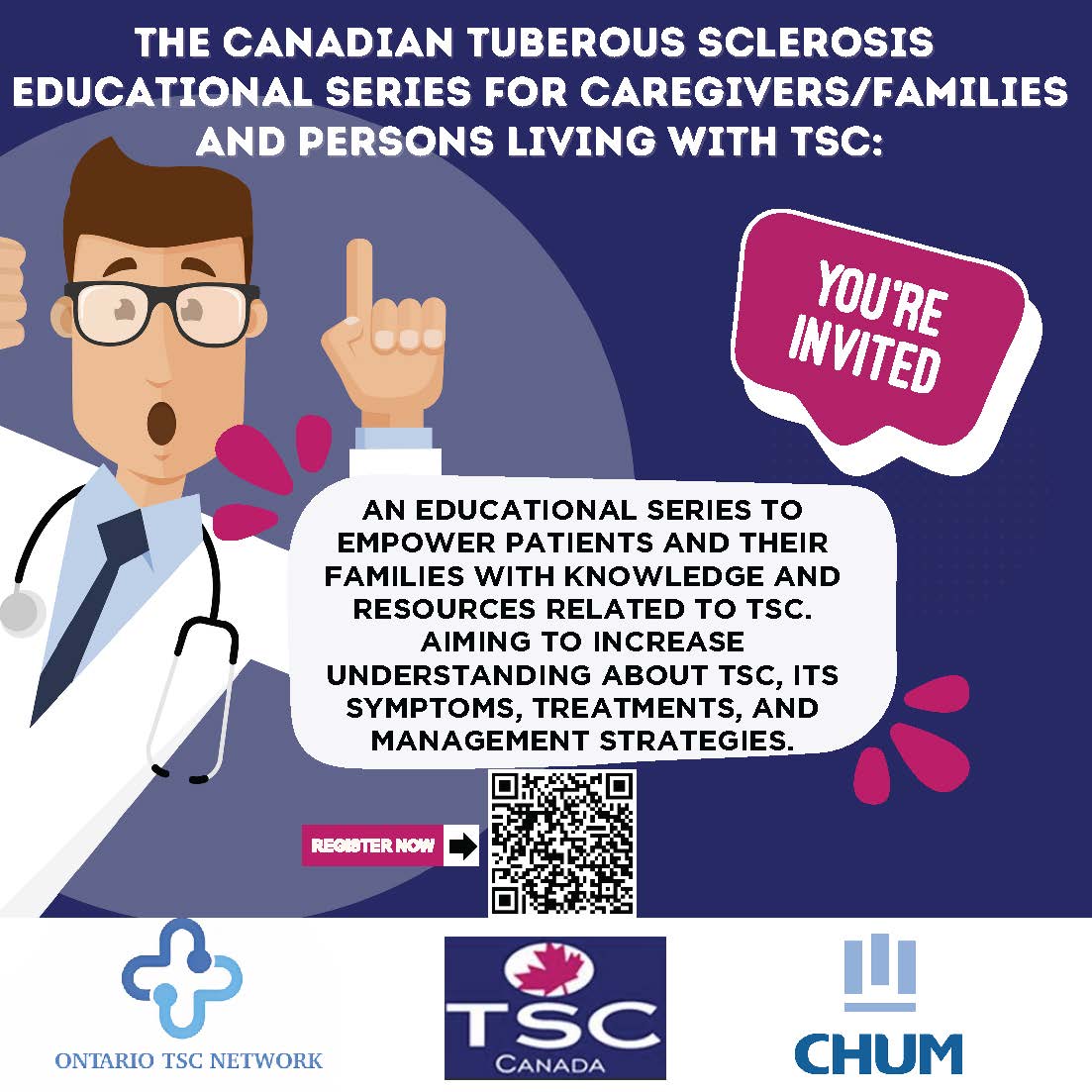As with most manifestations of tuberous sclerosis complex (TSC), there is a wide variety of presentation and autism spectrum disorder (ASD) in those with TSC is no different. ASD manifestations are unique to the individual and present equally across age, gender and intellectual development level. Recent studies show that ASD has a 41-69% prevalence in the TSC community and roughly 40-50% have a confirmed clinical diagnosis of autism. Whereas the rate of ASD in the general population is around 2% in the global population. Manifestations of ASD include social communications and language difficulties, and the presence of repetitive and restricted behaviors.
These difficulties are often identified or diagnosed late, and many children and families miss opportunities to access some of the growing number of evidence-based interventions and support programs developed specifically for autism. Similarly, adults with TSC who have social-communication difficulties or autism rarely receive interventional support.
The consensus panel recommends the following:
Autism-like cluster recommendations
- Everyone with TSC should be monitored for symptoms in the autism-like cluster from early in infancy and throughout adulthood.
- Anyone who shows behaviors within the autism-like cluster should be referred for a formal clinical evaluation for autism or communication delay.
- As there is no research on treating autism-like cluster symptoms in people with TSC, we suggest that the evidence from research with children and adults with autism without TSC may be relevant to those with TSC.
- Young children with autism and TSC may benefit from naturalistic developmental behavioral interventions (NDBI) and other evidence-based supports for children with autism.
- Adults with TSC and autism-like cluster symptoms may benefit from recognized autism interventions such as social skills training.
- As there are often high rates of co-occurring physical, developmental, and mental health problems in people with symptoms in the autism-like cluster, we recommend lifelong monitoring for any co-occurring conditions, followed by appropriate treatment.
- Even though autism (and the autism-like cluster) is the most extensively researched cluster in TSC, much more research is needed, especially regarding non-medical treatments in individuals with TSC.
Reviewed by Ashley Pounders, MSN, FNP-C, November 2023.







